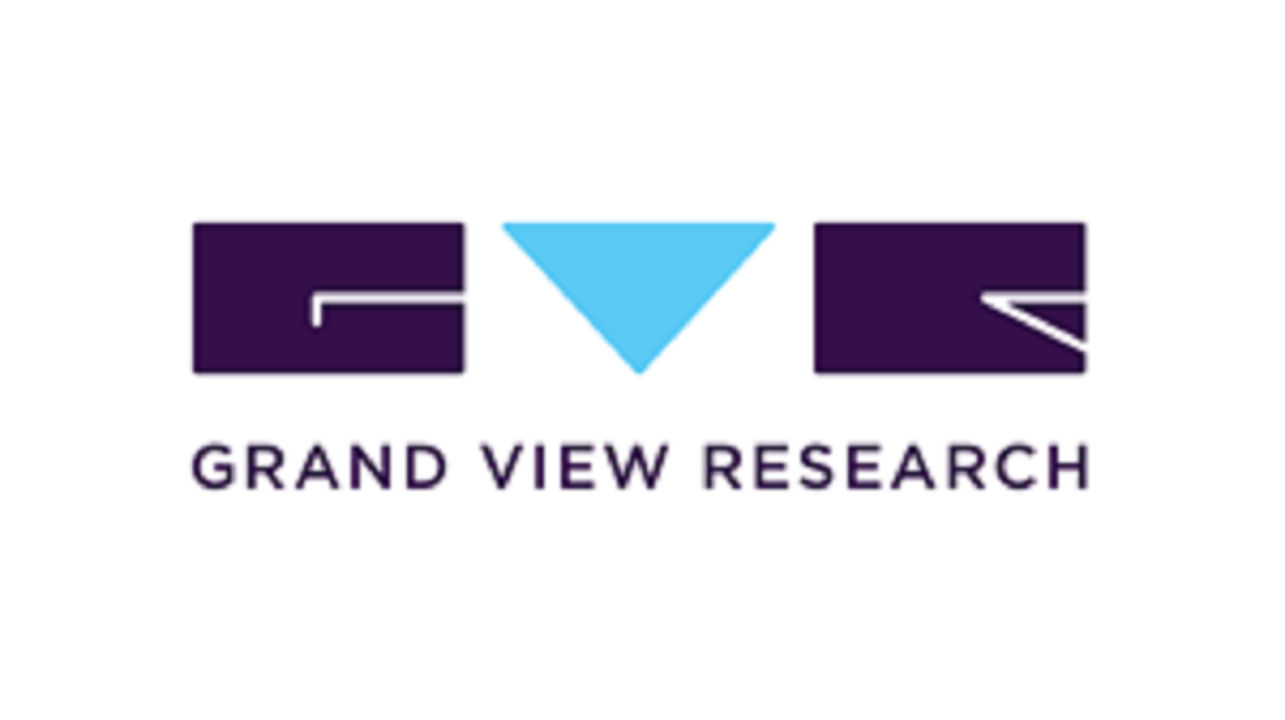India Single‑use Bioprocessing Probes And Sensors Market Forecast 2024 to 2030

The India single-use bioprocessing probes and sensors market was valued at USD 83.9 million in 2023 and is projected to grow at a compound annual growth rate (CAGR) of 12.61% between 2024 and 2030. This growth is primarily driven by the increasing demand for biopharmaceutical products and the rising adoption of disposable systems during preclinical trials. These single-use technologies offer key advantages such as cost-effectiveness and a reduced risk of contamination, which are particularly valuable in bioprocessing environments where sterility and efficiency are critical. Additionally, the rising focus on personalized medicine and the need to accelerate drug development timelines are further encouraging the adoption of single-use probes and sensors across India's biopharmaceutical sector.
The incorporation of single-use technology (SUT) into biomanufacturing processes is transforming the Indian biopharma landscape. These technologies substantially minimize the risk of cross-contamination, thereby ensuring higher levels of product purity and consistency. This is especially vital for India’s rapidly expanding biologics and biosimilars industry. By eliminating time-consuming cleaning and sterilization procedures required between production batches, single-use systems enable faster production cycles and improved operational efficiency. This operational agility allows Indian manufacturers to scale production more easily, keeping pace with growing domestic and global demand for biopharmaceuticals.
From a commercial standpoint, single-use sensors present numerous benefits that are particularly well-suited for the Indian market. As manufacturers strive to optimize workflows and reduce overheads, these sensors provide an ideal solution with their lower costs, enhanced flexibility, and improved ease of integration into existing systems. They also support greater compliance with evolving regulatory standards while helping maintain consistent product quality. The use of disposable bioreactors, along with integrated single-use sensors and probes, allows companies to significantly reduce capital expenditures and shorten development timelines—both of which are crucial for staying competitive in India’s fast-evolving biopharma industry.
Key Market Trends & Insights:
• Based on type, pH sensors accounted for the largest share of revenue, contributing 20.24% in 2023. This dominance highlights the critical role that pH monitoring plays in bioprocessing applications. Maintaining optimal pH levels is essential for cell culture viability, protein expression, and product quality, making these sensors indispensable across various stages of the bioproduction process.
• In terms of workflow, the market is segmented into upstream and downstream processing. Upstream processing involves the preparation and cultivation of biological materials, such as cells or microorganisms, while downstream processing focuses on the purification and recovery of the desired bioproducts. Both stages require precise monitoring and control, which drives the use of advanced single-use sensors and probes throughout the biomanufacturing cycle.
• By end use, biopharmaceutical and pharmaceutical companies dominated the market, holding a significant 41.69% share in 2023. This leadership position reflects the sector’s large-scale adoption of single-use technologies to enhance productivity, reduce contamination risks, and accelerate time-to-market. These companies are at the forefront of integrating innovative bioprocessing tools to meet the growing demand for biologics, biosimilars, and personalized medicines in India and beyond.
Order a free sample PDF of the India Single-use Bioprocessing Probes And Sensors Market Intelligence Study, published by Grand View Research.
Market Size & Forecast:
• 2023 Market Size: USD 83.9 Million
• 2030 Projected Market Size: USD 191.04 Million
• CAGR (2024-2030): 12.61%
Key Companies & Market Share Insights:
Companies operating in the India single-use bioprocessing probes and sensors market are actively pursuing product approvals as a strategic approach to expand their market reach and ensure the availability of their offerings across a wider range of geographic locations. By securing necessary regulatory clearances, these companies are able to introduce their products into new markets more effectively, thereby meeting the growing demand for advanced bioprocessing solutions in various regions.
Additionally, business expansion remains a key strategy adopted by several players to enhance their production and research capabilities. This includes investing in new manufacturing facilities, upgrading existing infrastructure, or expanding R&D operations to drive innovation and meet increasing market requirements.
Moreover, mergers and acquisitions have become a prevalent tactic among established firms looking to strengthen their market position. By acquiring smaller or niche players, companies can enhance their technical capabilities, broaden their product portfolios, and boost overall operational efficiency. This consolidation strategy enables them to remain competitive, address evolving customer needs, and offer comprehensive single-use bioprocessing solutions across the pharmaceutical and biopharmaceutical industries.
Key Players
• Thermo Fisher Scientific
• Sartorius AG
• PreSens Precision Sensing GmbH
• Hamilton Company
• Mettler-Toledo India Private Limited
• PARKER HANNIFIN CORP
• Danaher
• Saint-Gobain
Explore Horizon Databook – The world's most expansive market intelligence platform developed by Grand View Research.
Conclusion:
The India single use bioprocessing probes and sensors market is on a strong growth path, driven by the rising demand for biopharmaceuticals and the benefits offered by disposable systems in preclinical and production workflows—particularly in terms of cost efficiency and contamination control. The technology enhances speed and productivity in drug development and manufacturing, aligning well with the country’s expanding biologics and biosimilars sector. Its advantages in regulatory compliance, flexibility, and operational cost make it especially appealing to biomanufacturers. Moreover, government support for local biotech production and stringent quality standards further encourage adoption of single use technologies in India.
- Art
- Causes
- Crafts
- Dance
- Drinks
- Film
- Fitness
- Food
- Игры
- Gardening
- Health
- Главная
- Literature
- Music
- Networking
- Другое
- Party
- Religion
- Shopping
- Sports
- Theater
- Wellness


